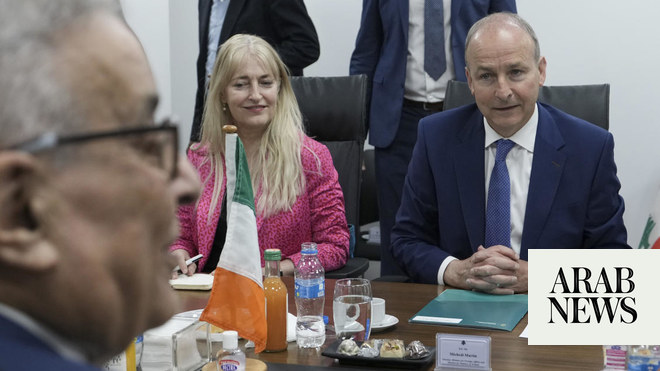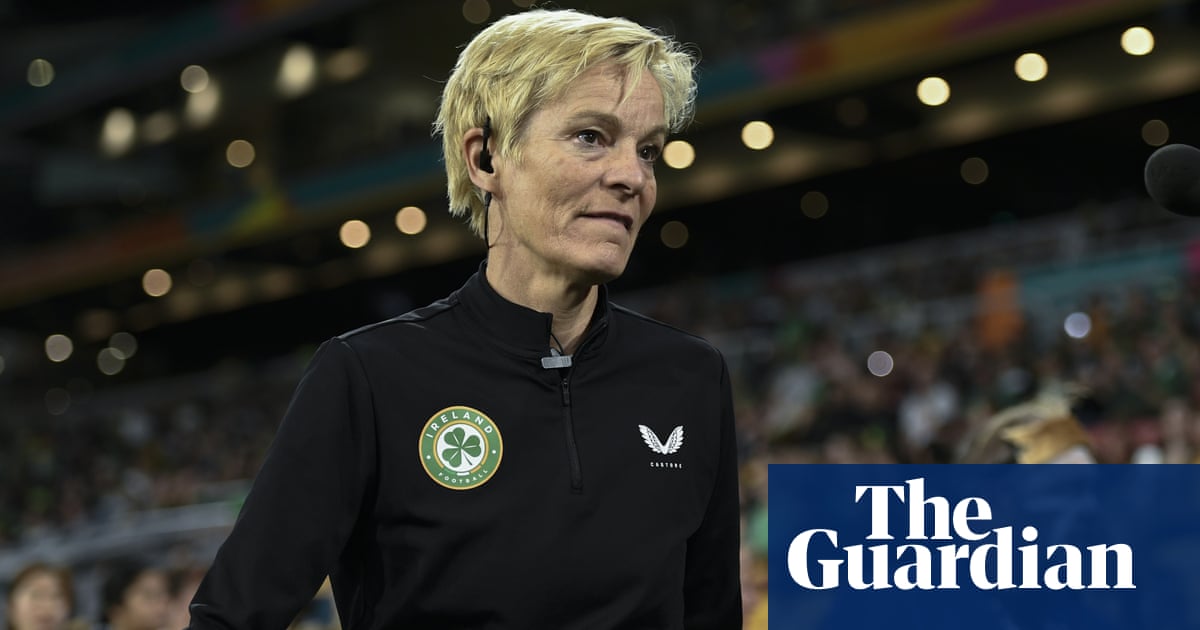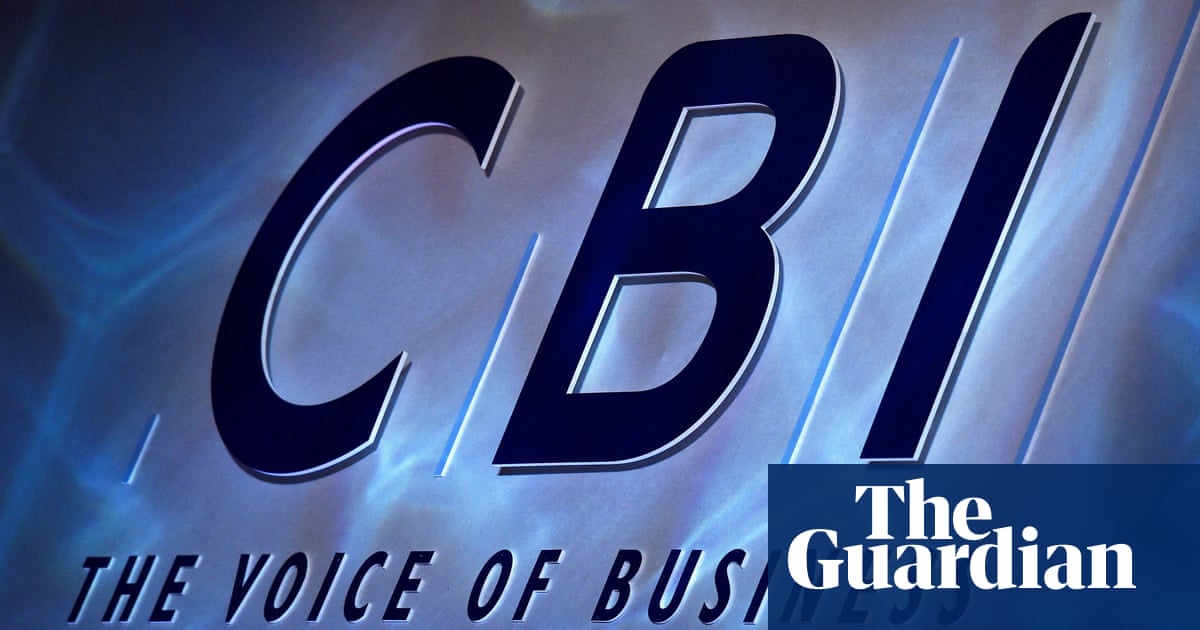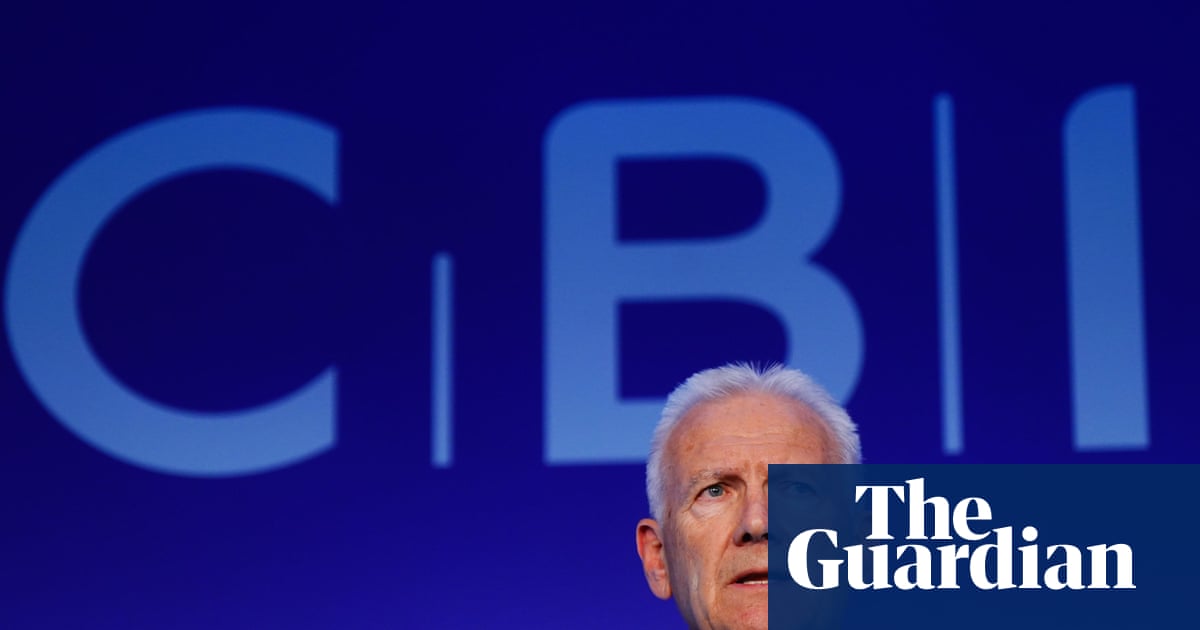
The head of the UK’s leading employers’ organisation has stepped up pressure on the government to conclude trade talks with the EU so that the country can move on from the “suspended animation” of the past four years.
Reflecting on her five years as director general of the CBI, Dame Carolyn Fairbairn said her biggest regret was that the issue had not been resolved earlier and warned ministers that businesses grappling with Covid-19 were unprepared for a hard Brexit.
Talks between London and Brussels have intensified in recent days as negotiators grapple with issues such as fishing and state aid.
Fairbairn, who steps down next week, said “The thing that’s painful is that it has taken so long to get to a resolution. I think we will get a deal. The remaining issues look soluble.”
The first female CBI director general said she had barely started in the job when David Cameron announced in February 2016 that a referendum would be held in June that year.
That was the moment everything changed, Fairbairn said. “I realised there was an extraordinary debate to be held, not just about the EU but about the type of economy we had created and the kind of country we had become.”
Fairbairn said issues that had surfaced as a result of the financial crash of 2008-09 – such as fairness and inequality – became bound up with the debate about the UK’s relationship with the EU.
The CBI campaigned for a yes vote in the referendum but Fairbairn says the employers’ organisation has always accepted the result.
“At our first presidential committee meeting after the referendum the debate wasn’t about trade or tariffs but about what the result said about business and its relationship with the British public, and what do we do about it.”
“Our position has not really changed since 24 June 2016. We completely accepted the result of the referendum and never supported a second referendum. We have campaigned for a good deal that protects jobs from day one.
“It [departure from the EU] has had a momentum of its own. It has been almost a perfect storm. The economy has gone into suspended animation while we resolve this seismic issue. I hope we can have a resolution so we can move on.”
Despite her optimism that a deal would be done, Fairbairn did not rule out the talks collapsing, an outcome she described as “very challenging” for CBI member companies.
With much of the country facing new Covid-19 restrictions, the CBI said many companies were going backwards in their Brexit preparations. She urged the government to set up a task force to speed up preparations as soon as an agreement had been reached.
A deal would still mean radical changes for business but would be “hugely better” than no deal, she said.
Tariff-free trade would be the difference between companies in the automotive sector staying in the UK or going. “The automotive sector is 40 times larger than fishing,” she added.
A deal would also make customs procedures easier, and would give the UK a base from which to build future agreements that would boost key sectors such as financial services, which Fairbairn said had been almost absent from the current negotiations. “A deal is enormously better than no deal.”
Despite the short-term challenges, Fairbairn said the UK would make a success of Brexit. “Business will do everything possible to make the best of it. There will be areas to explore. There will be areas where it will be good to align with the EU but when it comes to AI and the industries of the future we could find new ways to shape the regulatory environment.”
Brexit aside, she said business was also having to cope with a second wave of Covid-19 infections. Fairbairn said the UK had a glimpse of what recovery could look like in the summer but things now looked gloomier and there was “a mountain to climb”.
The CBI head said she was especially worried about young people, who had been hit hardest by the Covid-19 recession and needed better training, more job opportunities and a wider range of further and higher-education courses to give them a better chance of finding work.
She added: “We are not epidemiologists, we put health first. But we need a plan for the short run to keep as much of the economy open as possible. It has to be evidence based and rely on really clear tiering.”
Changes last week by the chancellor to the job support scheme to make it more generous had led some companies to rethink lay-offs, but there were sectors of the UK – including live events and aviation – that faced acute problems.
Fairbairn said: “We are going to see significant redundancies. It is going to be tough.”












